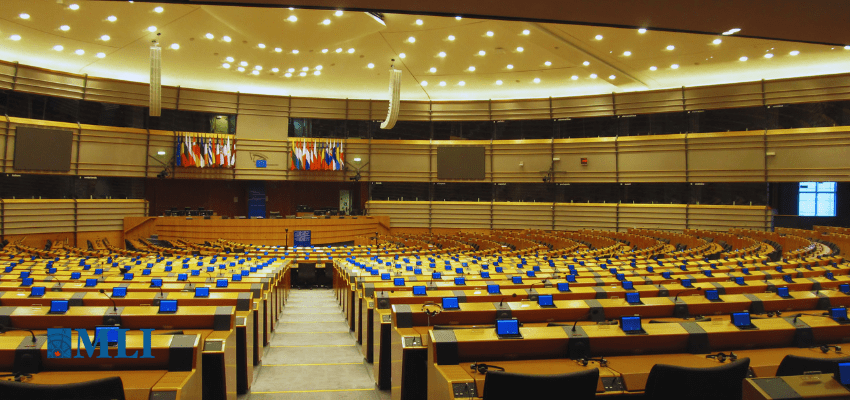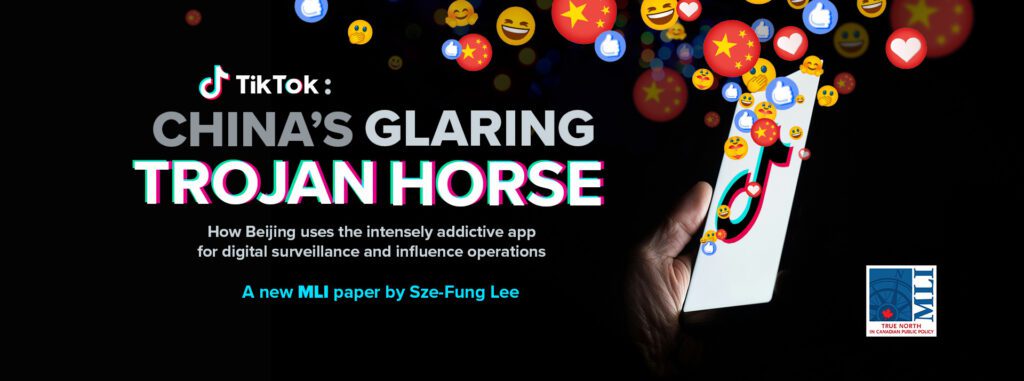This article originally appeared in the Japan Times.
By Stephen Nagy, July 3, 2024
MEGA — “Make Europe Great Again” — is becoming increasingly popular in Europe. The right-wing slogan is a play on its American cousin MAGA, “Make America Great Again,” and was adopted by Hungarian Prime Minister Viktor Orban as the tagline for his country’s presidency of the Council of the European Union, which started on Monday.
There are convergences and divergences between MEGA and MAGA and each movement has different implications for Japan and the Indo-Pacific.
First, within the EU, MEGA is associated with a desire for a smaller role for Brussels in the European project and more representation for the values and policies of middle and small member states. For Central and Eastern European countries in particular, being in the bloc is not about becoming more like Western Europe, but about benefiting from policies that represent local needs within the broader regional context — including in areas like economic prosperity, security and preserving national and ethnic identities.
These include smarter, more selective immigration policies, a focus on bread-and-butter issues instead of progressive cultural agendas and an effort to deal with the economic challenges that the EU faces in the wake of Russia’s full-scale invasion of Ukraine. Other prominent concerns are the selective diversification away from economic reliance on China and regional conflicts such as that between Israel and Hamas in the Middle East. These clashes and economic recalibrations have negatively impacted Europe, resulting in voters tilting to the right in the recent European parliamentary election.
MAGA, by contrast, is less focused on a concrete agenda and more strictly associated with its main flag-bearer, former U.S. President Donald Trump. As MAGA’s chief representative, it is somewhat difficult to glean Trump’s agenda: He advocates for a hard line on migration and closing the border, peppered with a mix of libertarian economic policies and the wish to dismantle the purported “deep state” and end the Russia-Ukraine conflict in a single day. His foreign policy can be best described as transactional as seen from certain allies’ point of view.
Both MEGA and MAGA have implications for Japan and its security challenges in the Indo-Pacific. For example, MAGA advocates are less supportive of the push to defend Ukraine against Russian belligerence and would like to see resources redeployed toward what they view as the bigger challenge to the United States, namely China and its ruling Communist Party.
MAGA supporters believe that Russia’s invasion of Ukraine could have been prevented. This is wrong and they seem to hold the mistaken belief that NATO’s expansion eastward gave Russian President Vladimir Putin a license to invade Ukraine, a sovereign country. To be clear, what happened was not a NATO expansion, but the coming to fruition of wishes harbored for a quarter of a century by Central and Eastern Europeans to join the EU and NATO and become part of a collective defense arrangement after being occupied by the Soviet Union for over 60 years.
For EU and NATO members, watching what is happening in Ukraine now has only reinforced the view that joining these groupings has in many ways prevented them from meeting a similar fate at the hands of Russia’s modern-day imperialistic expansionism.
MEGA, on the other hand, has a more nuanced view of the war Ukraine is fighting. The conflict has brought back images of the immovable frontlines of World War I and World War II, in which men fought in trenches to conquer meters of territory while their leaders sued for peace or armistices in the capitals.
Europeans are also experiencing high prices associated with the unified approach to cutting Moscow off from the global financial system and decoupling from Russian energy and other resources. These initiatives, while understandable, have contributed to inflation and a deeper sense of economic insecurity in the EU.
MEGA supporters are also challenged by a deeper sense of social, cultural and economic insecurity associated with large flows of migrants into the EU — epitomized by the mass exodus of people fleeing the civil war in Syria and other regional crises in 2015.
Some states like Hungary refused to allow migrants in. Their logic was simple: Hungary, for example, is a relatively ethnically, religiously and culturally homogeneous society and a small economy not prepared for welcoming hundreds of thousands of people, let alone a million migrants like Germany did.
In the eyes of Central and Eastern European countries, migration was a weapon wielded by neighboring states to destabilize socioeconomic systems and shape political choices in capitals like Berlin and Paris. Center-right leaning MEGA supporters believe that migration requires a nuanced approach to selecting and integrating migrants into Europe, emphasizing values and political institutions that prioritize human rights, democracy and gender equality.
As Japan watches MAGA in the U.S. and MEGA in the EU, it needs to be careful not to put these two right-wing movements into the same box. MAGA advocates are clearly do not support priority areas for Japan, including the need to push back against Russia’s invasion of Ukraine.
MAGA voters view trade and foreign policy as serving an “America First” agenda and they may want to compel Japan to pay more for its defense as part of its alliance with the U.S. — which would be a thoroughly transactional approach to a decades-long partnership.
Tokyo and other U.S. allies should also be concerned about how Taiwan, South Korea and the Philippines — countries at the receiving end of China’s assertive behavior — may be used as bargaining chips between the U.S. and China under a potential Trump presidency.
Many MEGA supporters, on the other hand, are in favor of defending Ukraine against Russia — except figures such as Orban. They understand that Moscow’s invasion, if not properly dealt with, could expand into a wider European conflict. This position is more aligned with Japanese national interests and what Prime Minister Fumio Kishida has voiced in several international forums that “Ukraine today may be East Asia tomorrow.”
With this statement, Kishida is specifically referring to the threat of China using military force to reunite with Taiwan, North Korea’s continued weapons proliferation and Beijing’s assertive behavior in the South China Sea and in the Himalayan Plateau toward India.
The MEGA and MAGA movements present different opportunities and challenges for Japan. Distinguishing between the two to craft appropriate engagement policies and stabilize bilateral relations with the EU and U.S. will be critical. In the case of the former ally, Tokyo should leverage shared achievements, highlighting the Japan-EU Economic Partnership Agreement, the connectivity and infrastructure partnership and NATO “Asia-Pacific Four” cooperation as the basis for deepening the relationship in the face of global and regional challenges.
When it comes to the U.S., Tokyo will need to keep demonstrating to MAGA advocates and a potentially reelected President Trump that Japan is a critical contributor to American security and economic prosperity.
Stephen R. Nagy is a professor at the department of politics and international studies at the International Christian University. Concurrently, he is a senior fellow at the MacDonald Laurier Institute, a fellow at the Canadian Global Affairs Institute, a senior fellow with the East Asia Security Center and a visiting fellow with the Japan Institute for International Affairs.







